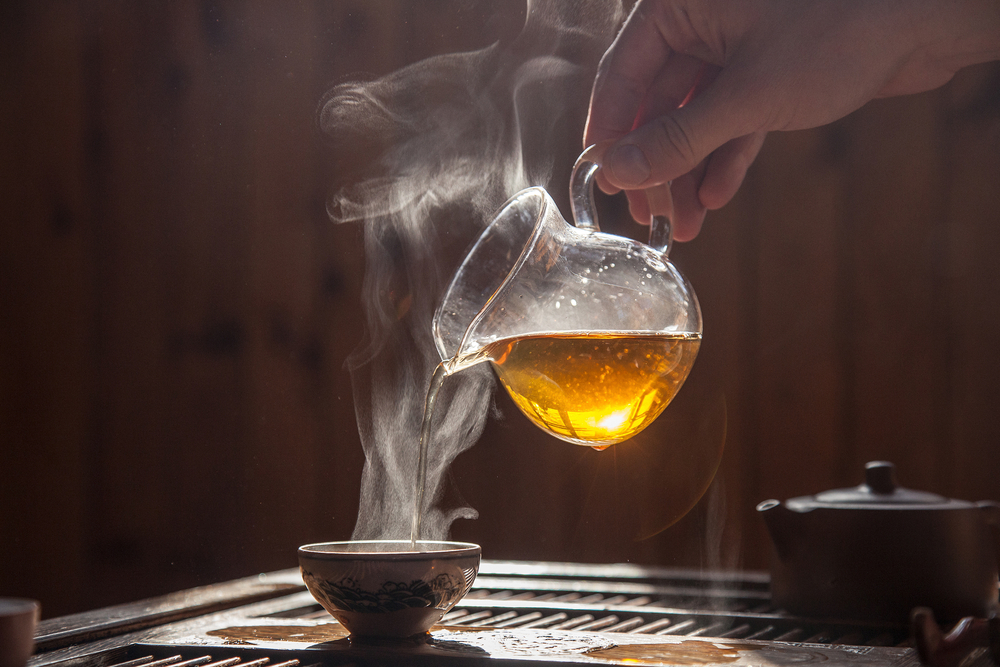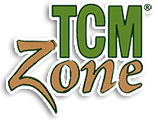TCM and Cancer Care: Integrative Approaches for Supporting Patients Through Treatment and Recovery

By Xiyuan “Alex” Qiu, L.Ac.
Cancer presents a multifaceted challenge, necessitating comprehensive strategies that address both the physical and emotional aspects of a patient’s health journey. Traditional Chinese Medicine (TCM) offers a distinctive perspective and an array of therapeutic modalities that can complement conventional cancer treatments, providing vital support and aiding in the recovery process. In this advanced exploration, we delve into integrative approaches to cancer care through the lens of TCM, detailing specific herbal and acupuncture protocols for addressing key oncological needs.
Understanding Cancer from a TCM Perspective
TCM perceives cancer as a manifestation of underlying imbalances in the body’s qi, blood, yin, and yang. These imbalances often stem from factors like emotional stress, environmental toxins, dietary habits, and genetic predispositions. Classifying cancer according to TCM patterns enables practitioners to tailor treatments to address the root causes and support the body’s inherent healing capabilities
Integrative Approaches to Cancer Care
1. Herbal Medicine for Symptom Management:
- Advanced Protocol for Nausea and Vomiting:* Custom herbal formulas may include herbs such as Ban Xia (Pinellia Rhizome), Chen Pi (Tangerine Peel), and Fu Ling (Poria) to manage chemotherapy-induced nausea and vomiting.
- Advanced Protocol for Cancer-Related Fatigue:* Tailored herbal formulas containing Huang Qi (Astragalus Root), Dang Gui (Chinese Angelica Root), and Ren Shen (Ginseng) can address cancer-related fatigue by boosting energy levels.
2. Acupuncture for Pain Relief and Symptom Management:
- Advanced Protocol for Cancer Pain:* Acupuncture, in combination with moxibustion, can effectively alleviate cancer-related pain. Points such as Ashi points (local tender points), Hegu (LI4), and Taichong (LR3) are commonly stimulated to provide pain relief (Deng & Cassileth, 2014).
- Advanced Protocol for Chemotherapy-Induced Peripheral Neuropathy (CIPN):* Electroacupuncture, targeting points like Yanglingquan (GB34) and Quchi (LI11), can alleviate symptoms of chemotherapy-induced peripheral neuropathy and improve nerve function (Lu & Posner, 2019).
3. Dietary Therapy and Nutritional Support:
- Advanced Protocol for Immune Support:* Immune-boosting foods like medicinal mushrooms and antioxidant-rich fruits and vegetables are recommended to support immune function. ).
- Advanced Protocol for Digestive Support:* TCM dietary therapy emphasizes nourishing the spleen and stomach with easily digestible foods such as congee and steamed vegetables.
4. Mind-Body Practices for Stress Reduction:
Advanced Protocol for Emotional Support:* Mind-body practices like qigong and tai chi help patients cope with stress and anxiety. Integrating these practices into daily routines fosters relaxation and resilience (Ross & Wilson, 2007).
Case Studies: Integrative Cancer Care in Action
Case Study 1: Breast Cancer
For a breast cancer patient undergoing chemotherapy and radiation therapy, a custom herbal formula containing Huang Qi (Astragalus Root), Dang Gui (Chinese Angelica Root), and Bai Zhu (Atractylodes Rhizome) may alleviate treatment-related side effects. Acupuncture may further relieve symptoms of nausea, fatigue, and emotional distress with pointssuch as Neiguan (PC6) and Zhongwan (CV12).
Case Study 2: Prostate Cancer
A patient with prostate cancer receiving hormonal therapy and radiation therapy may benefit from acupuncture combined with herbal medicine. Acupuncture points like Guanyuan (CV4) and Sanyinjiao (SP6) can regulate hormone levels and alleviate pelvic pain. Herbal formulas containing Huang Qi (Astragalus Root), Tu Si Zi (Chinese Dodder Seed), and Rou Gui (Cinnamon Bark) may support overall vitality.
Conclusion: Embracing Integrative Cancer Care with TCM
TCM offers a holistic approach to cancer care, complementing conventional treatments and supporting patients throughout their cancer journey. By integrating herbal medicine, acupuncture, dietary therapy, and mind-body practices, TCM practitioners empower patients to achieve optimal health and well-being.
References:
– Deng, G., & Cassileth, B. R. (2011). Integrative Oncology: Complementary Therapies for Pain, Anxiety, and Mood Disturbance. Cancer Journal (Sudbury, Mass.), 17(5), 306–310.
– Deng, G., & Cassileth, B. R. (2014). Integrative Oncology: Complementary Therapies for Pain, Anxiety, and Mood Disturbance. In A. L. Berman & A. L. Beresford (Eds.), Cancer Pain: Assessment and Management (2nd ed., pp. 473–480). Cambridge University Press.
– Hoffmann, D. (2003). Medical Herbalism: The Science and Practice of Herbal Medicine. Healing Arts Press.
– Lu, W., & Rosenthal, D. S. (2013). Acupuncture for Cancer Pain and Related Symptoms. Current Pain and Headache Reports, 17(3), 321.
– Lu, W., Posner, M. R., & Wayne, P. M. (2019). The Potential Role of Integrative Oncology for Cancer Survivorship. In K. B. Miller & J. L. Lopez (Eds.), Integrative Oncology (2nd ed., pp. 429–446). Oxford University Press.
– Ross, J., & Wilson, L. (2007). Qigong for Cancer: The Art and Science of Healing. Singing Dragon.
– Tierra, M. (1998). The Way of Chinese Herbs. Pocket Books.


